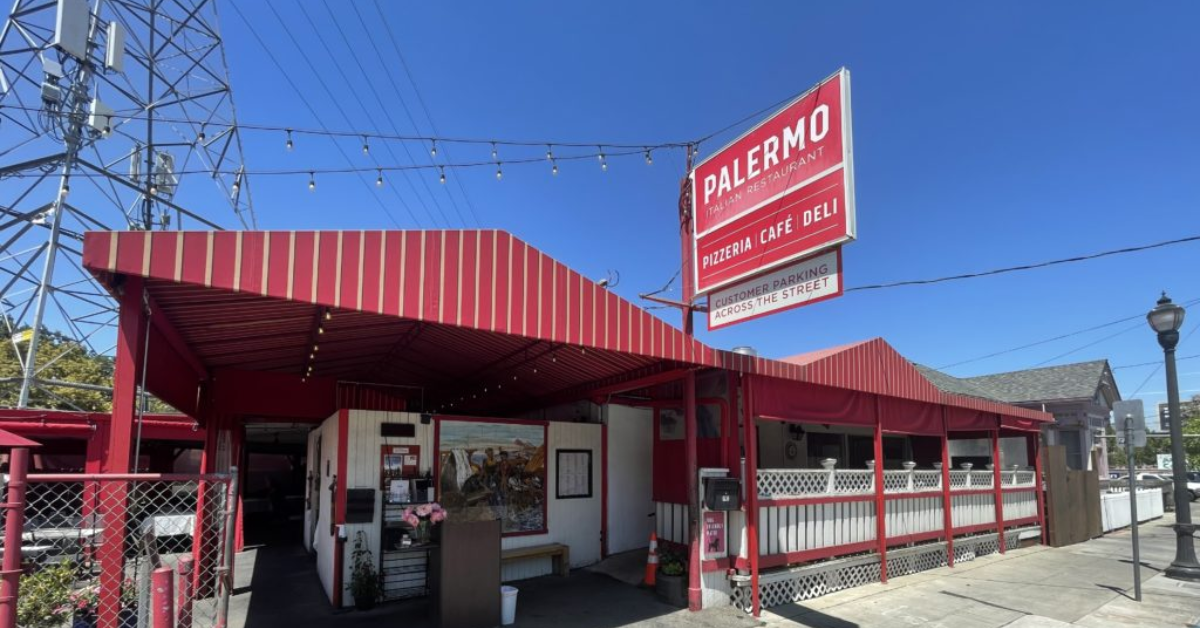
San Jose, a bustling city known for its vibrant food scene, is currently facing concerns as two local restaurants have received official complaints regarding food contamination. This has raised alarm not only among customers but also within the wider community, as food safety is a critical issue that affects everyone. Many people rely on these eateries for their daily meals, making these complaints particularly worrisome.
The complaints were filed recently by local health authorities after investigating reports of foodborne illnesses allegedly linked to the two establishments. This news has sparked discussions about food hygiene standards and the importance of regular health inspections at restaurants. Understanding the details behind these incidents helps consumers make informed decisions when choosing where to dine.
Details of the Complaints Against the San Jose Restaurants
The two restaurants in question have been cited for violations that include improper food storage and inadequate sanitation practices. According to the official reports published by the Santa Clara County Department of Environmental Health, these violations can lead to contamination that poses health risks such as bacterial infections or food poisoning. Customers who visited these places recently reported experiencing stomach issues, which prompted further investigation.
Both restaurants have been temporarily suspended from operating until they comply with the specific corrections required by health inspectors. These measures are part of efforts to ensure the safety of food served to the public and restore confidence among consumers. The local authorities continue to monitor the situation closely and have pledged to enforce strict compliance.
What Leads to Food Contamination in Restaurants?
Food contamination usually happens when harmful bacteria, viruses, or chemicals get into food. Common reasons include improper thawing, handling food with unwashed hands, or using contaminated ingredients. In busy restaurant kitchens, cutting corners or inadequate training can increase the risk of contamination, which affects customer safety.
Experts emphasize the role of routine health inspections and proper staff training in preventing foodborne illnesses. Restaurants must follow guidelines on maintaining cleanliness and food storage to ensure they serve safe meals. As younger consumers become more health-conscious, they are paying closer attention to food quality and hygiene standards.
Steps Restaurants Should Take to Improve Food Safety
To avoid such complaints, restaurants need to implement strict food safety protocols. This includes regular sanitation of kitchen surfaces, proper cooking temperatures, and clear procedures for storing raw and cooked foods separately. Equipping staff with ongoing training on hygiene practices is equally important.
Furthermore, some restaurants are adopting technology to track freshness and cleanliness, helping them maintain higher standards. Transparency with customers about their safety measures can also boost trust and loyalty. It’s essential for eateries, especially popular ones, to prioritize these steps to protect public health.
How Customers Can Protect Themselves
While restaurants are responsible for food safety, customers can take some precautions as well. Observing the cleanliness of a place before dining, checking online reviews, and looking up health inspection scores can give clues about reliability. Websites like Yelp or the local health department’s portal often provide useful insights.
If you ever feel unwell after eating out, it’s important to report your symptoms to health authorities. Prompt reporting helps identify potential outbreaks early, preventing others from getting sick. Being informed and cautious helps build a safer dining environment for everyone.
Conclusion: The Importance of Food Safety in Restaurants
Food contamination complaints in San Jose’s restaurants remind us of the essential need for maintaining high hygiene standards. As customers, we depend on restaurants to provide safe and fresh food. These recent events highlight the role of health inspections and customer vigilance in ensuring a safer dining experience.
For younger audiences and new diners, staying aware and informed about food safety can help avoid unpleasant health issues. Keeping up with reliable sources for restaurant reviews and health reports can greatly aid in making smart choices. Safe food is everyone’s right, and it requires shared responsibility from both businesses and consumers.









